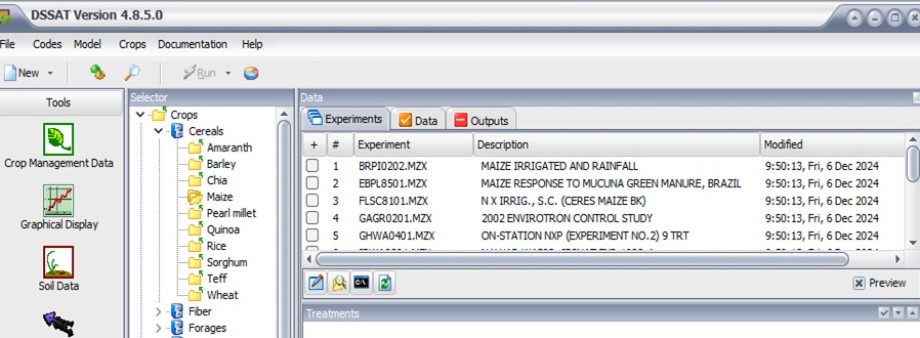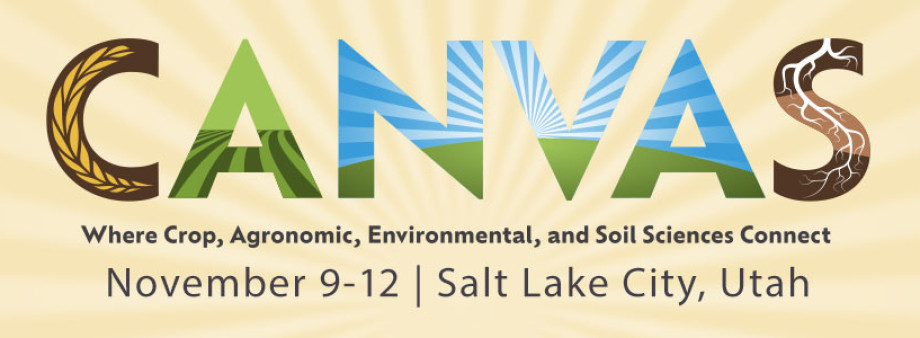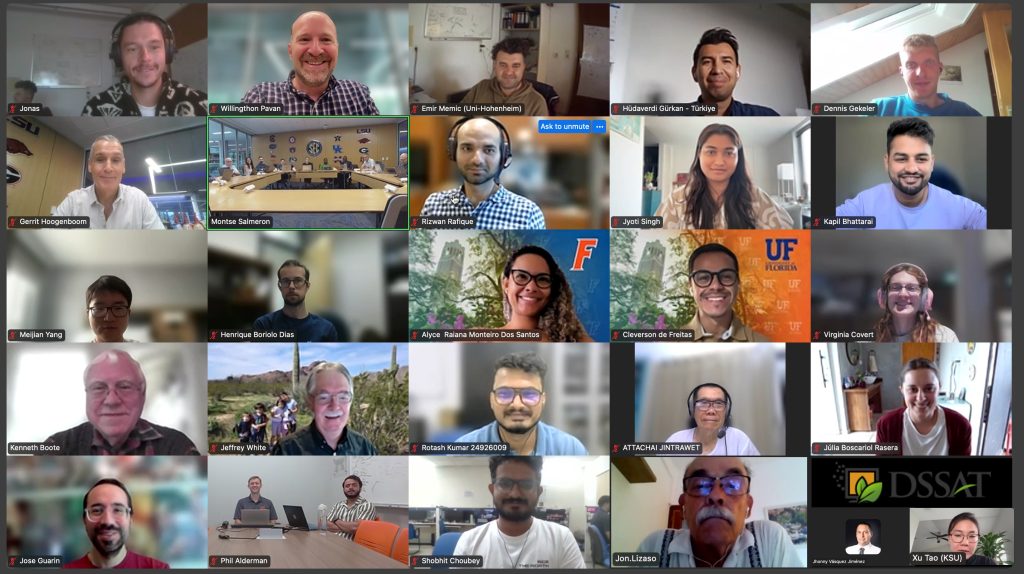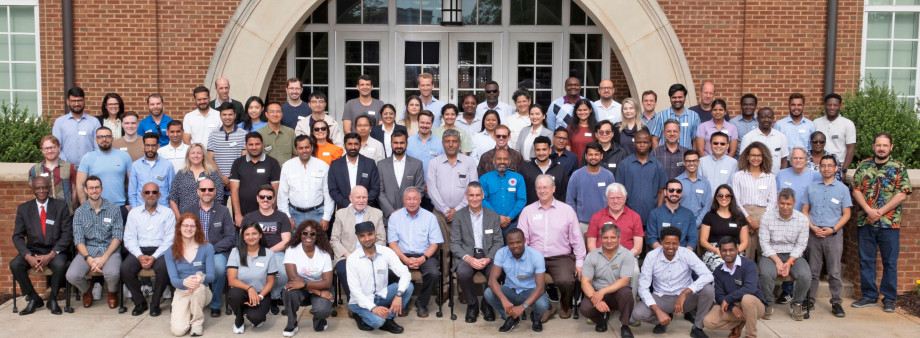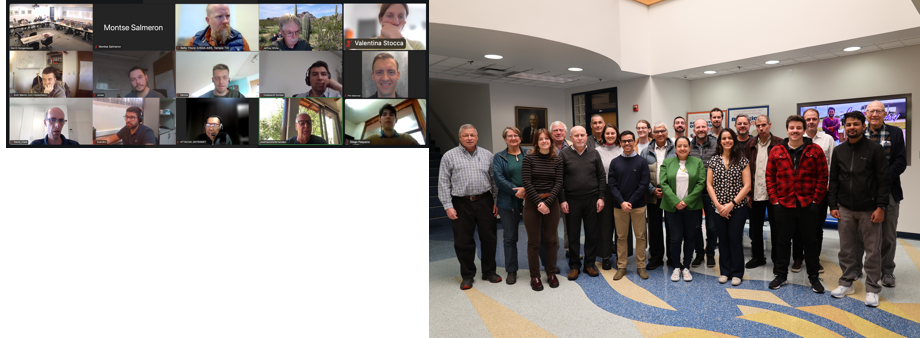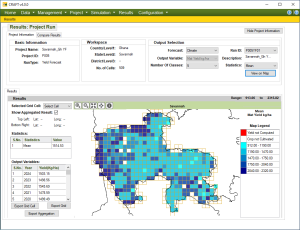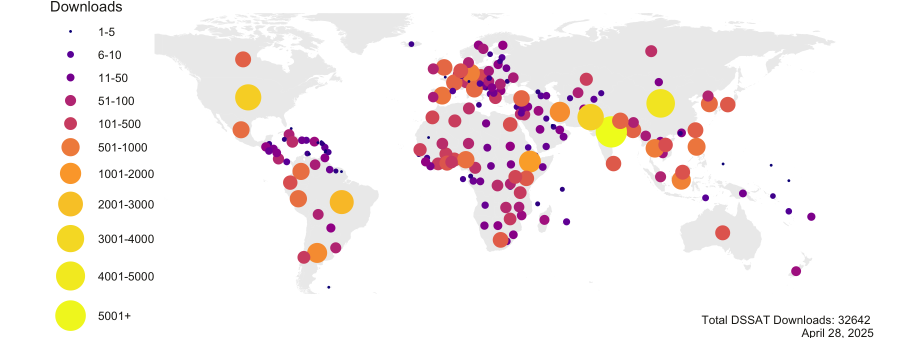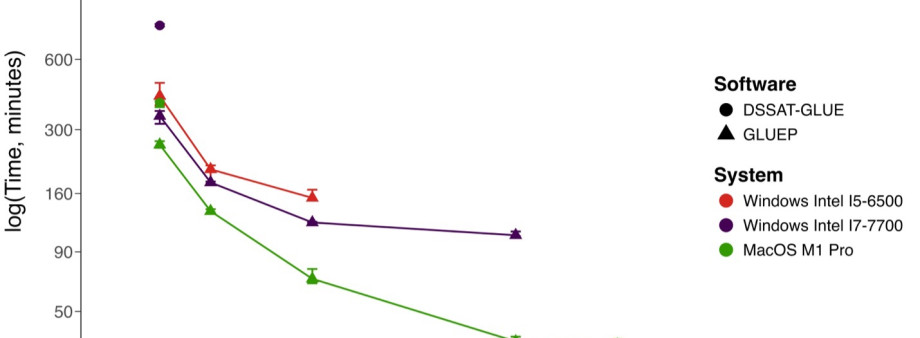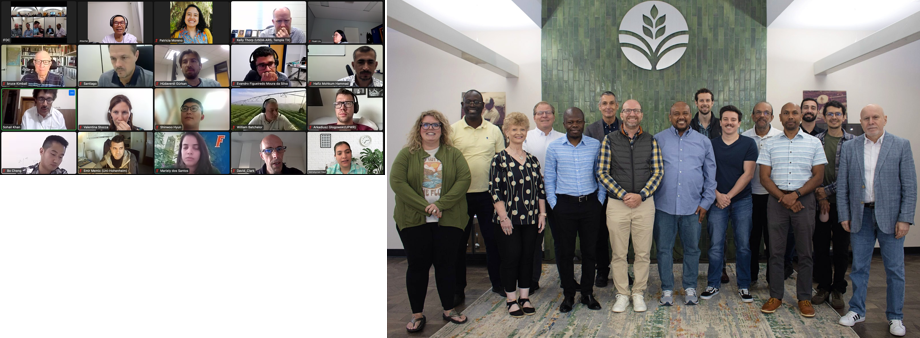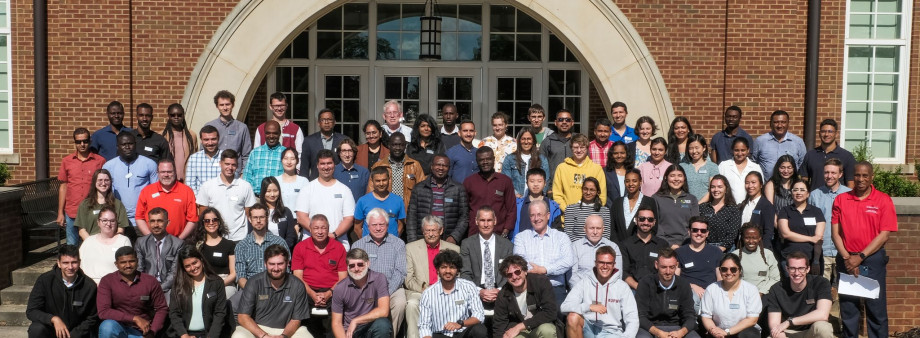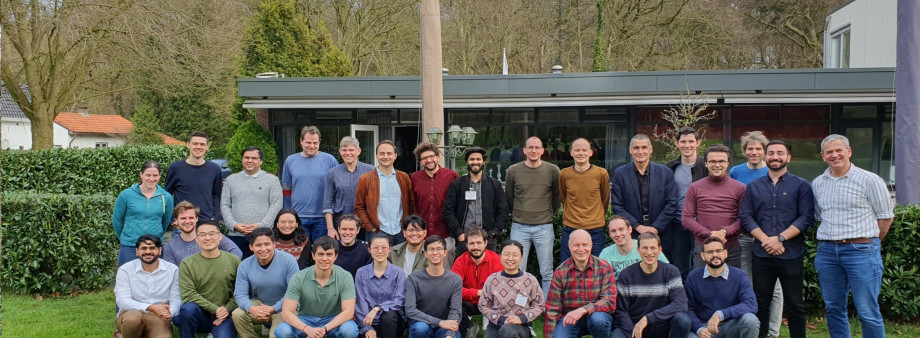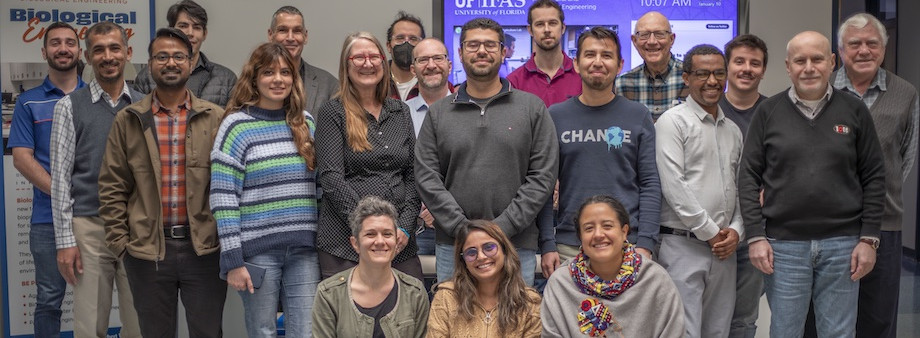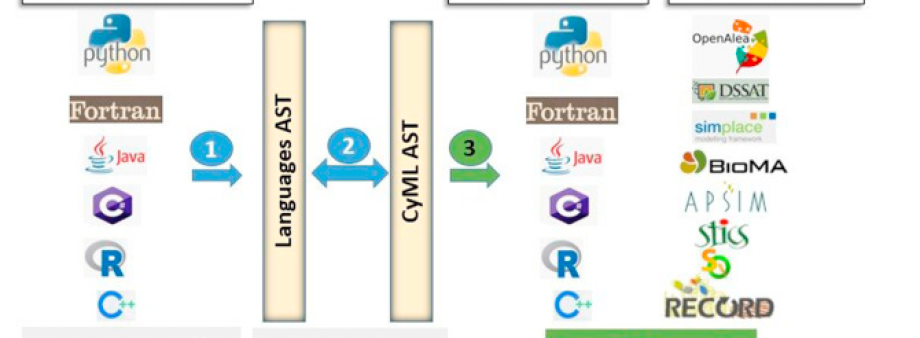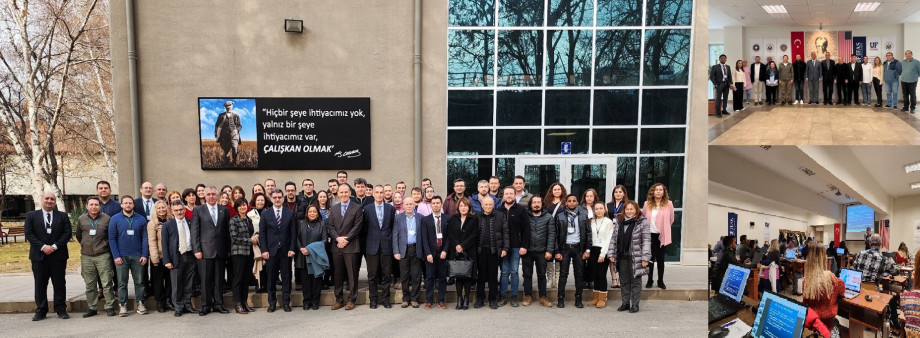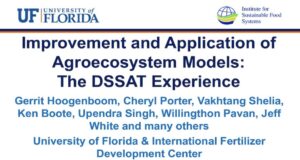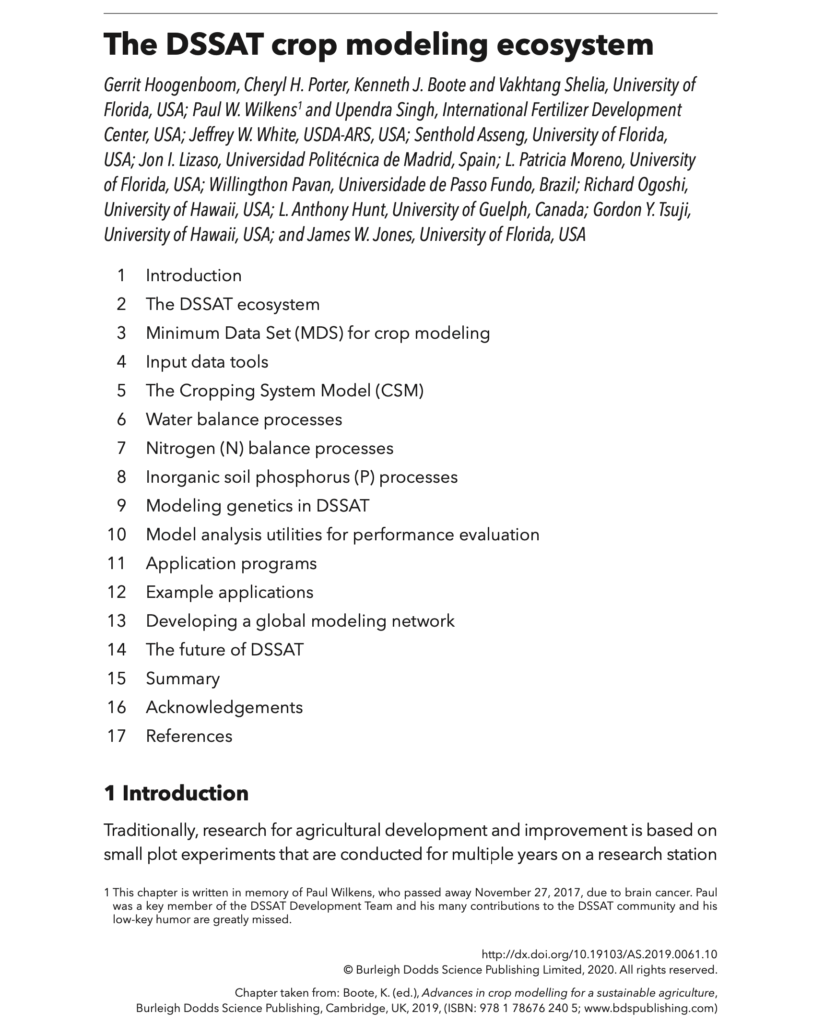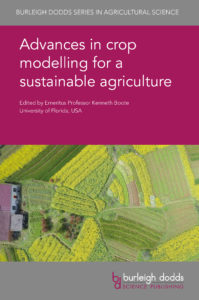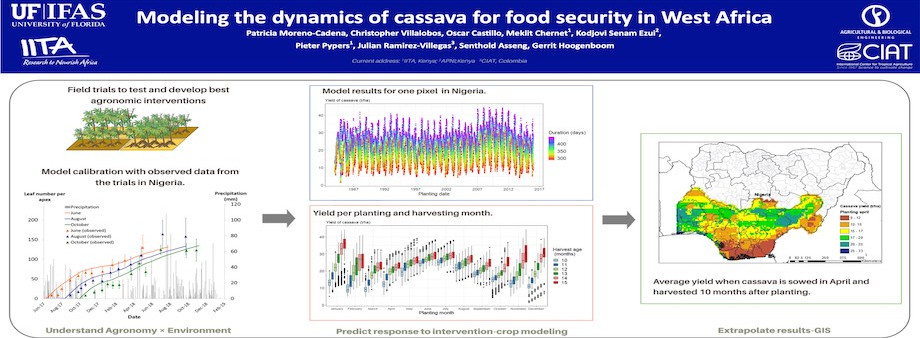What is DSSAT?
Decision Support System for Agrotechnology Transfer (DSSAT) is a windows-based software application program that comprises dynamic crop growth simulation models for over 45 crops. DSSAT is supported by a range of utilities and apps for weather, soil, genetic, crop management, and observational experimental data, and includes example data sets for all crop models. The crop simulation models simulate growth, development and yield as a function of the soil-plant-atmosphere dynamics. DSSAT has been applied to address many real-world problems and issues ranging from genetic modeling to on-farm and precision management, regional assessments of the impact of climate variability and climate change, economic and environmental sustainability, and food and nutrition security. DSSAT has been used for more than 30 years by researchers, educators, consultants, extension agents, growers, private industry, policy and decision makers, and many others in over 198 countries worldwide. Learn more…
20th AMEI Development Sprint at University of Florida
Advancing collaboration and interoperability in crop modeling, the DSSAT team hosted the 20th AMEI Development Sprint from January 20–23, 2026, at the Department of Agricultural & Biological Engineering (ABE, UF/IFAS) in Gainesville, Florida. The event was organized in collaboration with the Laboratory of Ecophysiology of Plants under Environmental Stress (LEPSE) of the French National Research Institute for Agriculture, Food, and the Environment (INRAE). […]
24th Hybrid DSSAT Development Sprint at the University of Florida
January 5–9, 2026 | Gainesville, Florida & Online The 24th DSSAT Development Sprint, held from January 5–9, 2026, at the University of Florida, marked another milestone in the continuous evolution of the DSSAT Cropping System Model and its expanding ecosystem of tools. Hosted by the Global Food Systems Institute and the Department of Agricultural and […]
New Book: Current Crop Models – State-of-the-art and Future Developments
Burleigh Dodds will be publishing a new book entitled “Current Crop Models – State-of-the-art and future developments.” The book includes 20 chapters of the most common crop simulation models. Pre-orders of the book can receive a 20% discount using the GH20 code. The attached brochure provides further information about the book or you can go […]
Florida Crop BMP Data Template: New Videos
Researchers often struggle to organize data from field experiments in a way that ensures the work is fully documented and can readily be re-analyzed or used with models or other tools. The Florida Crop BMP Template is a simple spreadsheet-based tool for organizing data in a consistent fashion. Structured using categories similar to DSSAT’s file-X, […]
28th Annual Open Forum on Crop Modeling and Decision Support Systems
The DSSAT Foundation will be sponsoring the 28th Annual Open Forum on Crop Modeling and Decision Support Systems during this year’s ASA-CSSA-SSSA (CANVAS) 2025 International Annual Meeting. The forum is scheduled for Monday night, November 10, 2025, from 7:30 – 9:00 pm in the Grand Ballroom I, Salt Palace Convention Center, Salt Lake City, Utah. The forum is an […]
iCROPM 2026 – Crop Modelling for Agriculture and Food Security under Global Change
For further information, please visit the iCROPM 2026 web portal at www.icropm2026.org or contact the Secretariat at icropm2026@thetriumph.com.
[Q] How to fix reCAPTCHA issues by clearing your browser cache?
If you are having trouble with reCAPTCHA not loading or not verifying correctly, one common fix is to flush (clear) your browser cache. Over time, cached files can become outdated or corrupted, which may interfere with how websites and security tools like reCAPTCHA work. Here is how you can flush your cache: Open your browser […]

